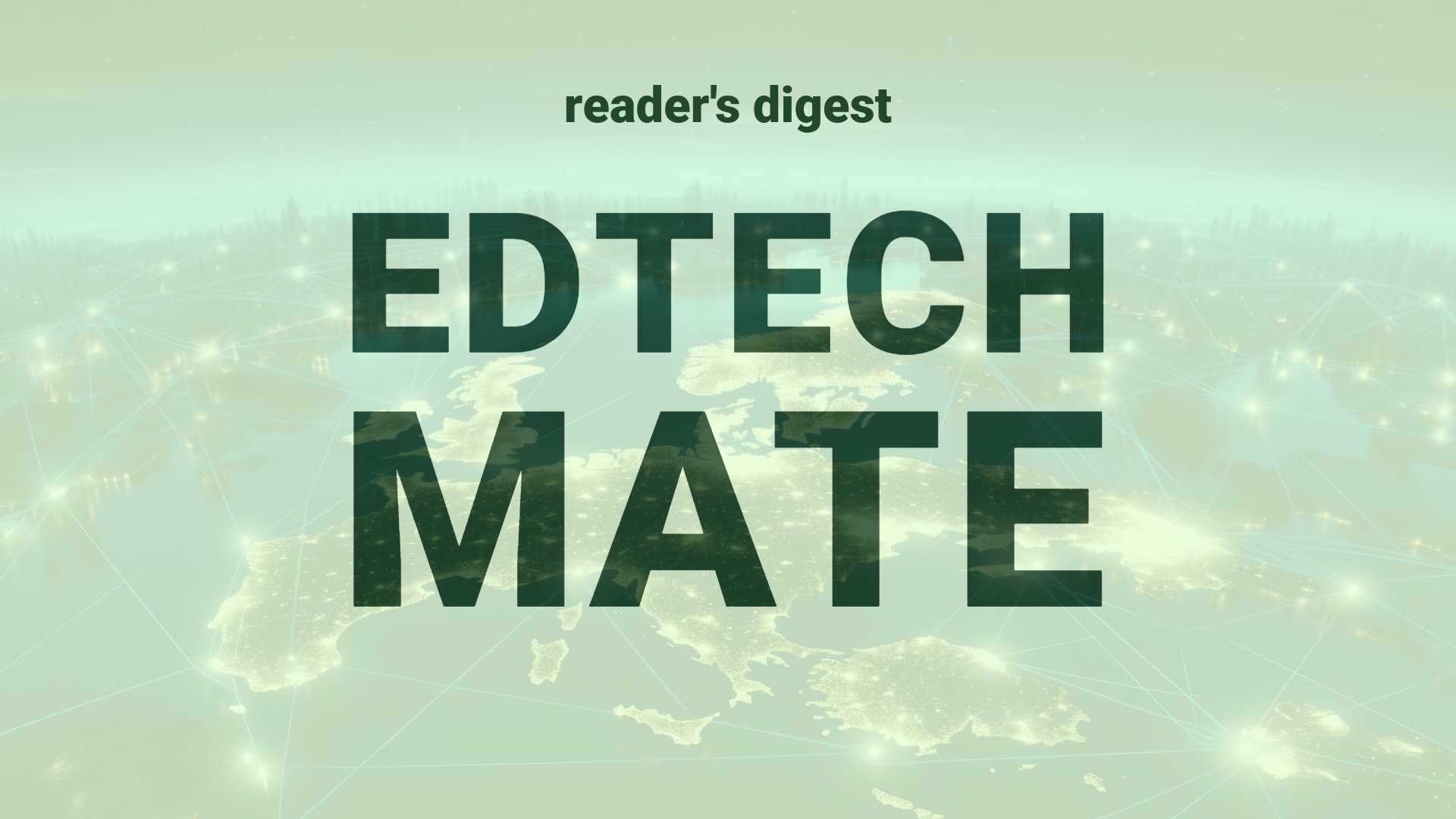Executive Summary and Main Points
In the realm of global higher education and its ongoing digital transformation, a significant trend has emerged involving the usage of AI, such as ChatGPT, in academic activities including research publication. Recent scrutiny has revealed instances where scholars notably copied and pasted AI-generated text into peer-reviewed articles without proper attribution. This trend raises questions about quality control in academic publishing, especially concerning the peer-review process. This has occurred across various platforms, including reputable journals and less known publications, and spans various geographic locations from Algeria to China. The broader implications of this trend require attention to integrating AI into academic practices ethically and effectively.
Potential Impact in the Education Sector
The infiltration of AI-generated content into academic publications has significant repercussions for Further Education, Higher Education, and Micro-credentials. If unchecked, it may undermine the credibility of scholarly communication and the reliability of educational resources. The trend also highlights the necessity for strategic partnerships between AI developers, educational institutions, and publishers to establish guidelines that encourage transparent and responsible AI usage. Digitalization thus must be coupled with a renewed focus on academic integrity to ensure the proliferation of AI augments rather than diminishes educational quality.
Potential Applicability in the Education Sector
AI and digital tools offer innovative applications within the global education system, providing capabilities to enhance research, learning, and the administration. AI can assist in data analysis, content creation, personalized learning experiences, and more. Nevertheless, its use must be governed by ethical standards and academic guidelines to maintain the integrity of educational certifications, intellectual property rights, and scientific rigor. A strategic application of AI in higher education could vastly improve efficiency while fostering collaborative international research endeavors.
Criticism and Potential Shortfalls
Criticisms of the unregulated use of AI in academia point to potential dampening of original scholarly contributions and laziness in academic rigor. Comparative case studies indicate a lack of consistent peer-review standards across international borders, which may exacerbate the issue. The ethical and cultural implications, including the potential decline in academic standards, increased plagiarism, and erosion of trust in scholarly publications, require urgent attention. Furthermore, negligence in regulating AI’s role in academic publishing could contribute to educational inequality on a global scale.
Actionable Recommendations
To navigate these technological shifts effectively, international education leaders should consider implementing guidelines for AI integration within academic work, including clear attribution methods for AI-generated content. Developing AI literacy and education for researchers, reviewers, and students is crucial. Training and resources should be provided to facilitate the fair and ethical use of these tools. Educational institutions could explore pilot projects to determine best practices for AI-assisted research and publishing, ensuring that any adopted technology enhances scholarly standards and educational outcomes.

